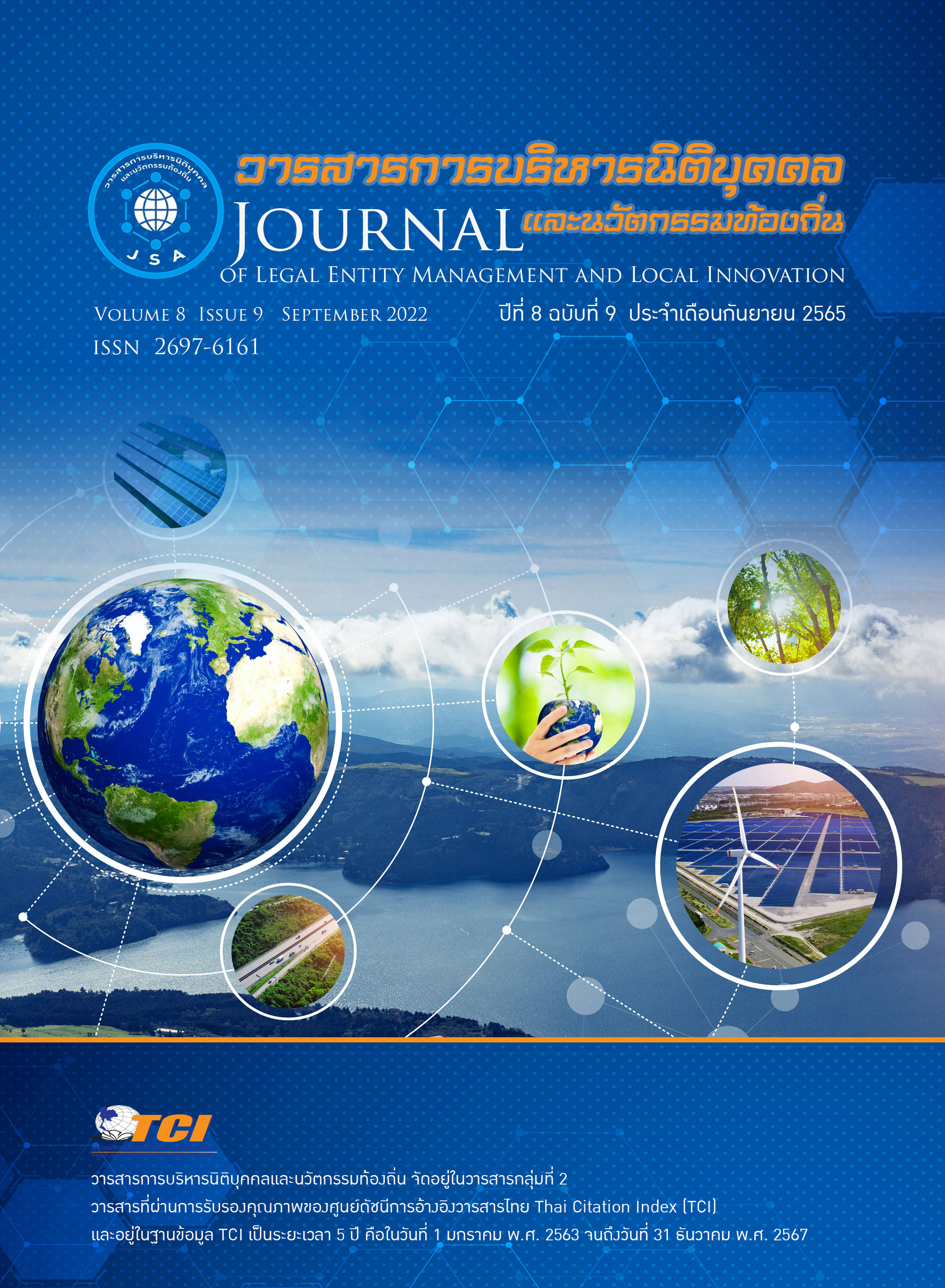Taxation in the Digital Economy
Keywords:
Taxation, Digitalization, Tax disruptive, Digital economy, Digital business modelsAbstract
Taxation has managed for thousands of years in several forms, it has developed and adapted to new economic and social realities. The purpose of tax system is to raise the revenue needed to pay for government spending. Since digitalization has influence the entire borderless world economy, the impact of the new digital technology has been transformed traditional business models also empowered the new digital based business models that display challenges in what way economies have traditionally been taxed. There is contemporary debate over digital taxation economy which focuses more on creating new sources of taxing rights over specific industries and digital activities than on characterizing the tax disruptive aspects of digital business models that create challenges to traditional tax theory and practice. This article is employing data synthesis research method via documents from any related organizations on taxation principles, tax policy issues of taxing the digital economy, and economic and legal issues of taxing the digital economy.


